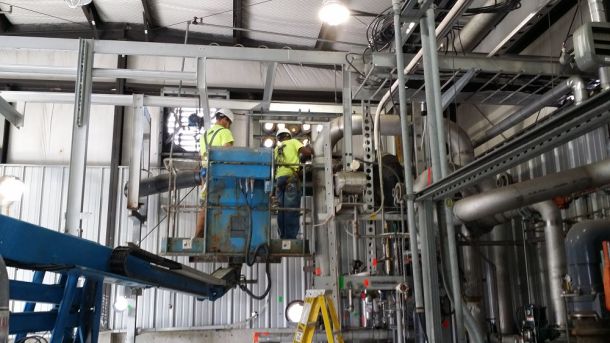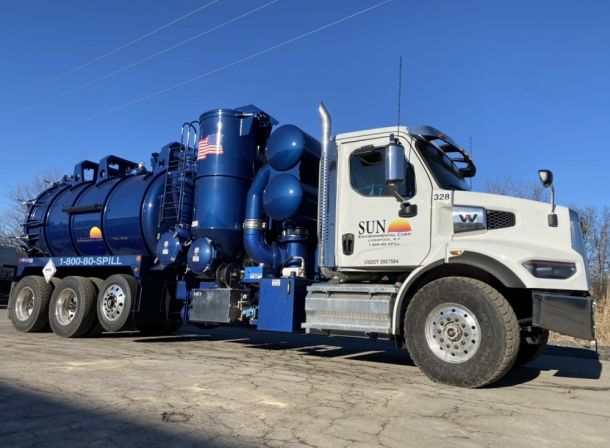
Navigating the Complexities of Waste Management: A Crucial Imperative for Sustainability



Waste management stands at the forefront of environmental stewardship and sustainable development, encompassing a diverse array of practices aimed at minimizing waste generation, promoting recycling, and ensuring safe disposal. In an era marked by growing environmental concerns and resource scarcity, effective waste management strategies are more crucial than ever in mitigating pollution, conserving resources, and safeguarding public health.
At its essence, waste management entails the responsible handling, treatment, and disposal of various types of waste, spanning from household refuse to hazardous industrial byproducts. The overarching goal is to minimize the environmental impact of waste generation while maximizing the recovery of valuable resources through recycling, reuse, and recovery processes.

One of the fundamental principles of modern waste management is the hierarchy of waste management options, which prioritizes waste prevention and reduction as the most desirable outcomes, followed by recycling, energy recovery, and as a last resort, disposal in landfills or incineration. By emphasizing waste minimization and resource recovery, this hierarchical approach seeks to minimize the environmental footprint of waste management practices and promote a circular economy model wherein materials are reused and recycled in a closed-loop system.







